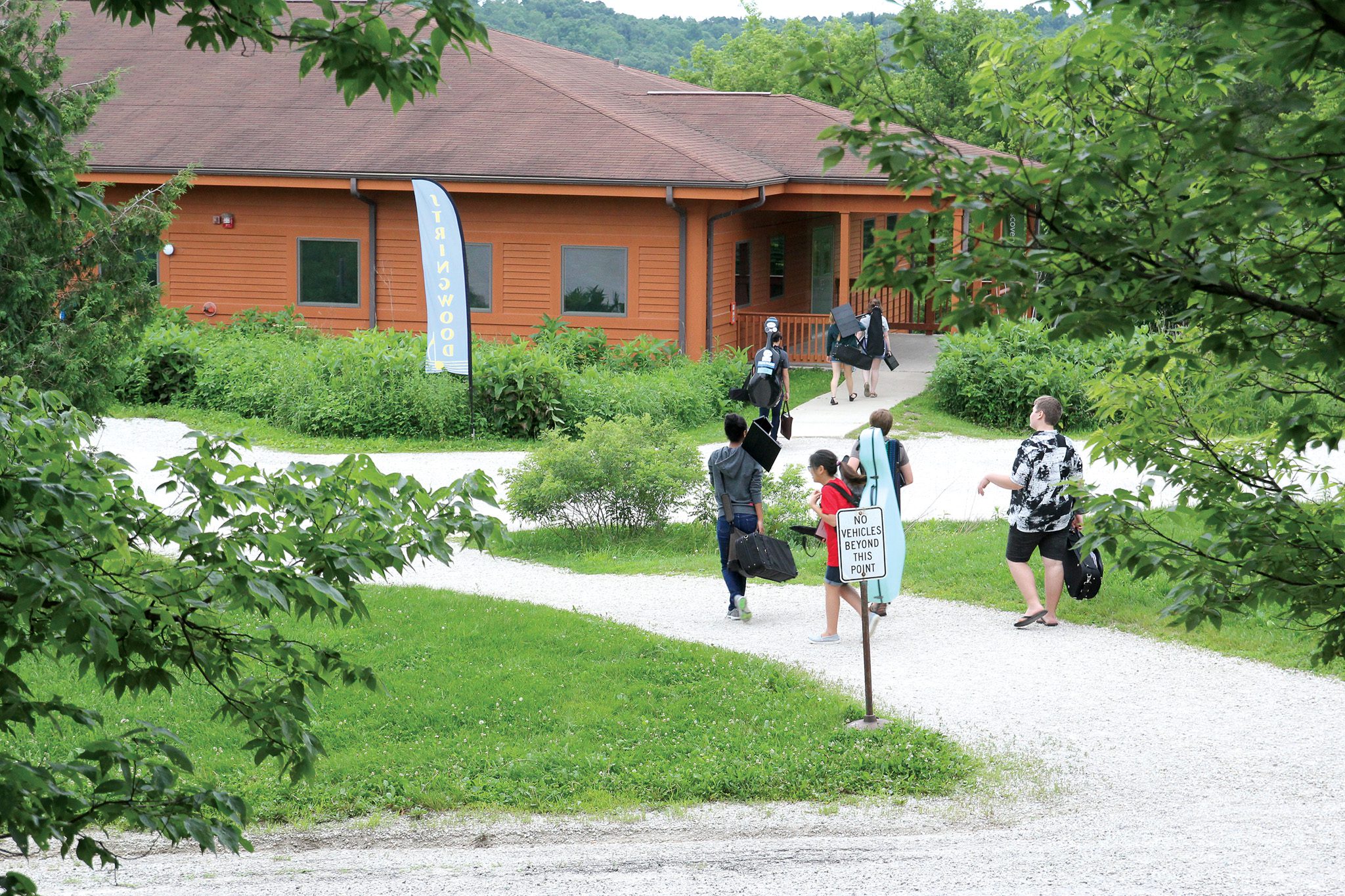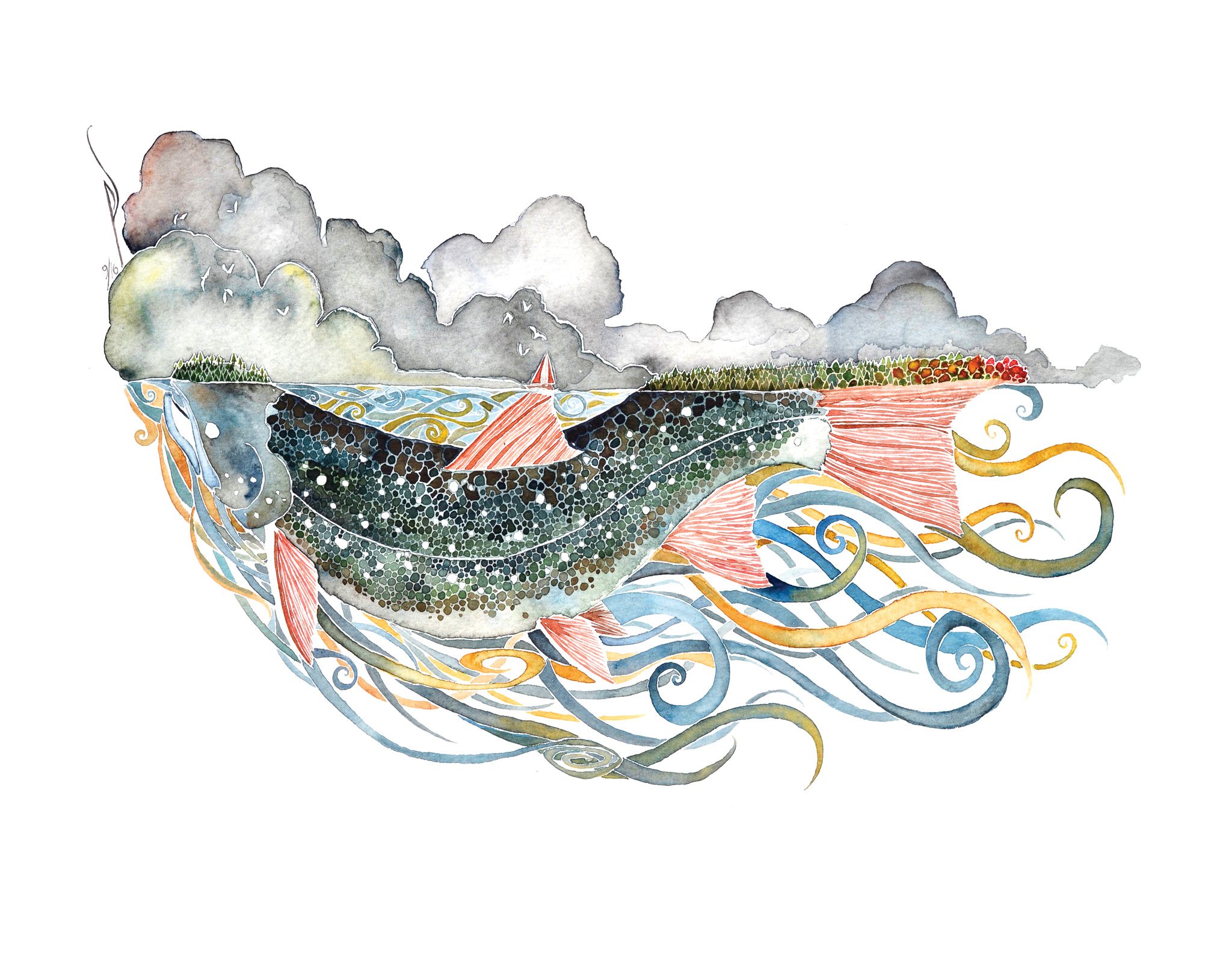Amara Rose Foundation
“My beautiful daughter’s life ended on a cold kitchen floor of a dumpy studio apartment near La Crosse while I slept in my bed in Westby,” says Heidi Overson, describing her heart-breaking experience of a parent’s worst nightmare. “I wasn’t there to help her, to hold her, to try and bring her back to life. I never got to say, ‘I love you’ one last time.”
On January 7, 2022, at the age of 31, Heidi’s daughter, Amara “Mari” Lee, died due to accidental fentanyl poisoning. Fentanyl is a synthetic opioid used to treat chronic severe pain or severe pain following surgery. It is a controlled substance similar to morphine, but approximately 100 times more potent.
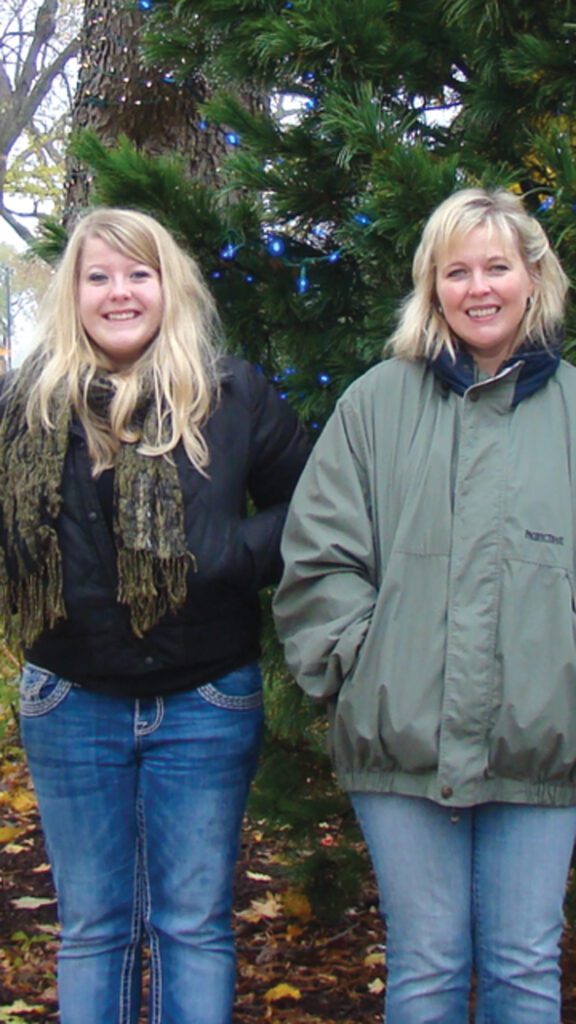
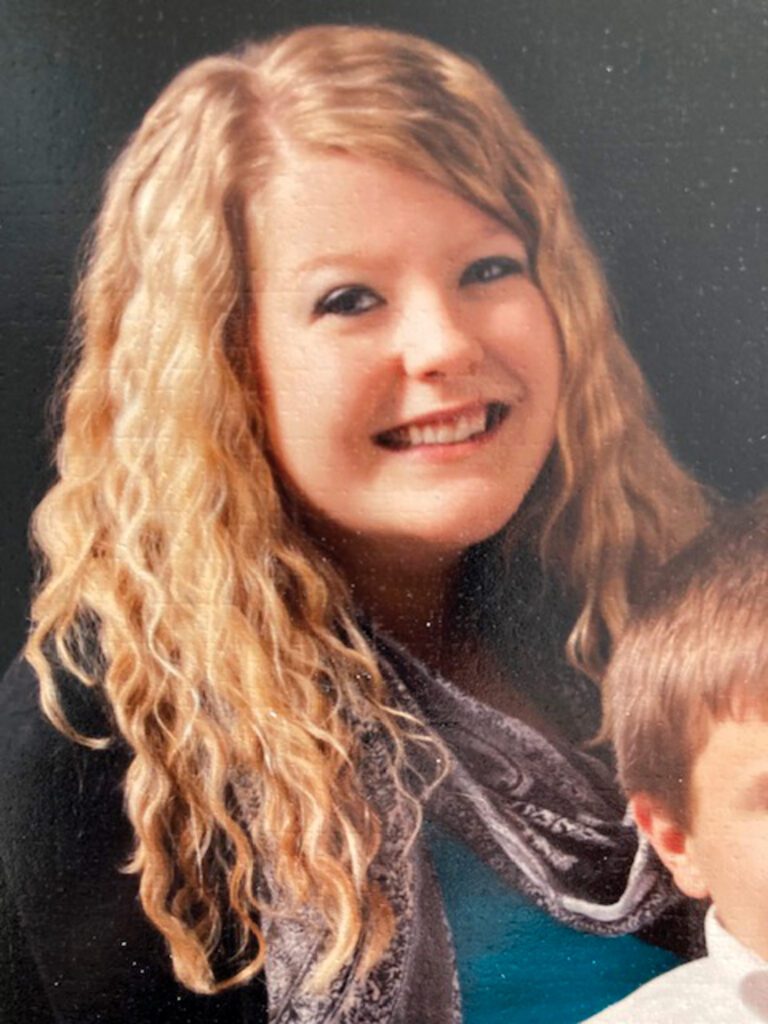
Right: Amara in 2011 before she got sick. / Photos courtesy Heidi Overson
According to the United States Drug Enforcement Administration, just two milligrams of fentanyl can be a lethal dose, depending on someone’s body size, tolerance, and past usage. Drug traffickers typically distribute fentanyl by the kilogram. One kilogram of fentanyl has the potential to kill 500,000 people.
Within months of Amara’s passing, Heidi, along with Randall Overson (Amara’s stepfather) and Jeff Richardson (Amara’s father), founded the Amara Rose Foundation. The 501(c)(3) non-profit is dedicated to honoring lives lost to addiction and fentanyl poisoning by raising awareness, educating, promoting prevention, encouraging those in recovery, and helping those – and their families – who are struggling.
“I wanted to tell the world what happened to my daughter,” says Heidi. “I wanted to be a living example of a parent that went through hell with my daughter and turned that journey into a lesson, in hopes that other parents and families would fight harder to save their own children, users and non-users alike.”
Though Amara ultimately lost her battle, Heidi was determined that fentanyl wouldn’t win.
“I wanted to turn evil into good. There was nowhere else to go with our loss,” explains Heidi. “I always quote the verse Genesis 50:20: ‘… you meant evil against me, but God made it for good in order to bring this present result, the saving of many lives.’ That sums up our foundation pretty well. We know she’s in heaven and we will see her again, but until then, we are on a mission to save lives.”

Amara was Heidi’s firstborn child, older sister to several siblings and part of a caring family. She had a great personality and sense of humor, Heidi says, and was popular in school.
But in middle school, Amara began to struggle, and after a couple bouts of shoplifting, her family got her into counseling, hoping to resolve the issues she was having. Unfortunately, by high school, Amara had begun drinking and experimenting with drugs, unbeknownst to her family.
After graduating and moving out of her family home in rural Coon Valley, Wisconsin, Amara continued to stay in touch with and see her family often – they had no idea she was using drugs. She hid it well. Amara became addicted to meth in her twenties, then heroin. When she had an overdose, her family became abruptly aware of Amara’s drug use. They got her into a one-month treatment center, hoping it would cure her. They didn’t know much about drug addiction and that one month of treatment is not anywhere near the amount of time needed.
“It was pure hell,” says Heidi. “There were so many ups and downs. Over the next few years, she’d use, get clean, come home to go through her withdrawals, take off again, and we wouldn’t hear from her for weeks. She was in three long-term inpatient treatment centers over time, but they did nothing for her.”
The long, hard, back-and-forth journey would end tragically as fentanyl made its way onto the drug scene. Due to its low cost and potency, drug dealers are mixing fentanyl with other illegal drugs such as heroin, meth, marijuana and cocaine, and even fake prescription pills and vapes, often creating a lethal concoction.
According to the Wisconsin Department of Health Services and American Medical Association, 60 percent of drug overdose deaths were linked to fentanyl in 2021. In Wisconsin, synthetic opioids (primarily fentanyl) were identified in 91 percent of opioid overdose deaths and 73 percent of all drug overdose deaths. The number of fentanyl overdose deaths in Wisconsin grew by 97 percent from 2019 to 2021.
Amara joined those tragic statistics with her death in 2022. Addiction was a disease from which she would never recover, the outcome terminal.
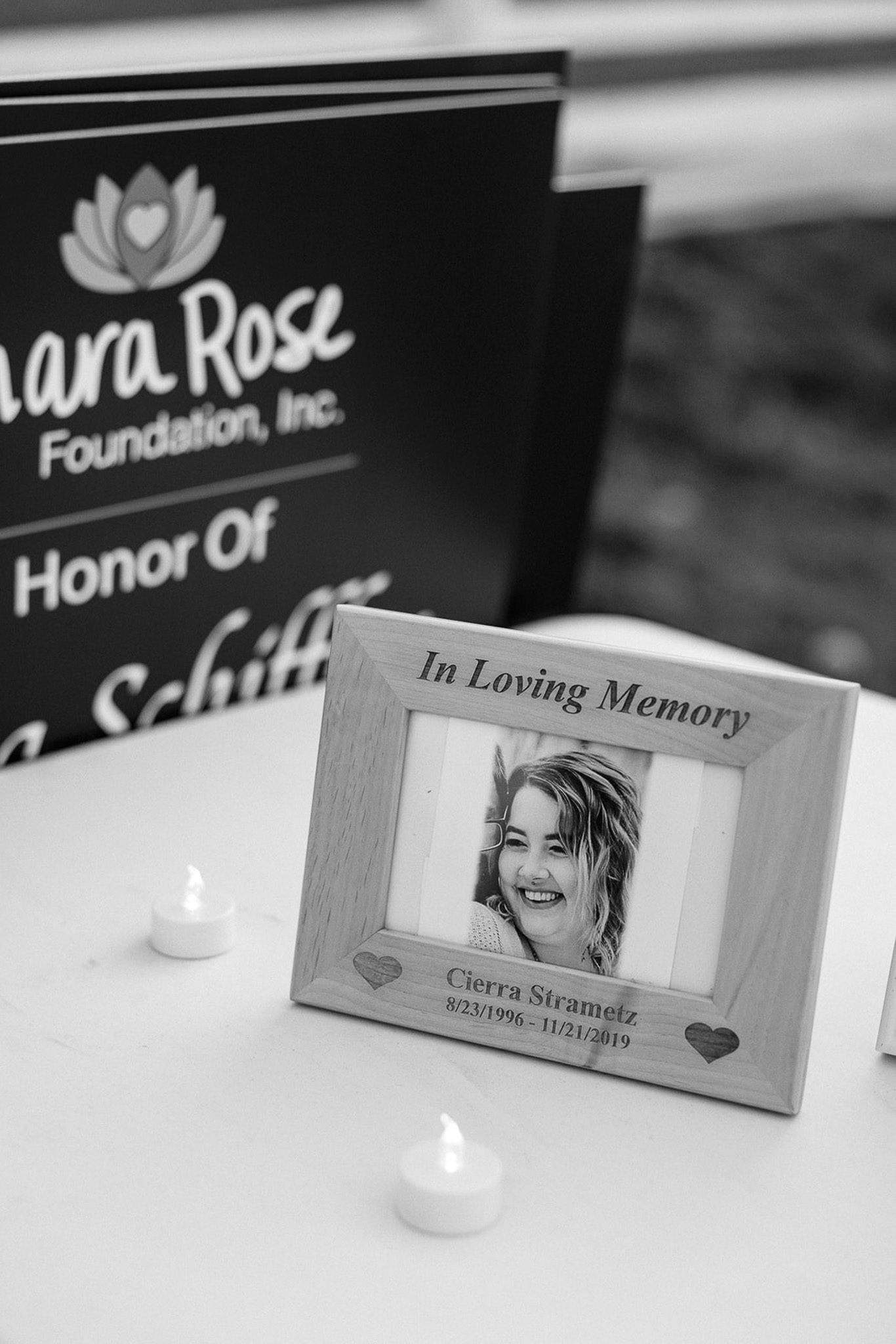
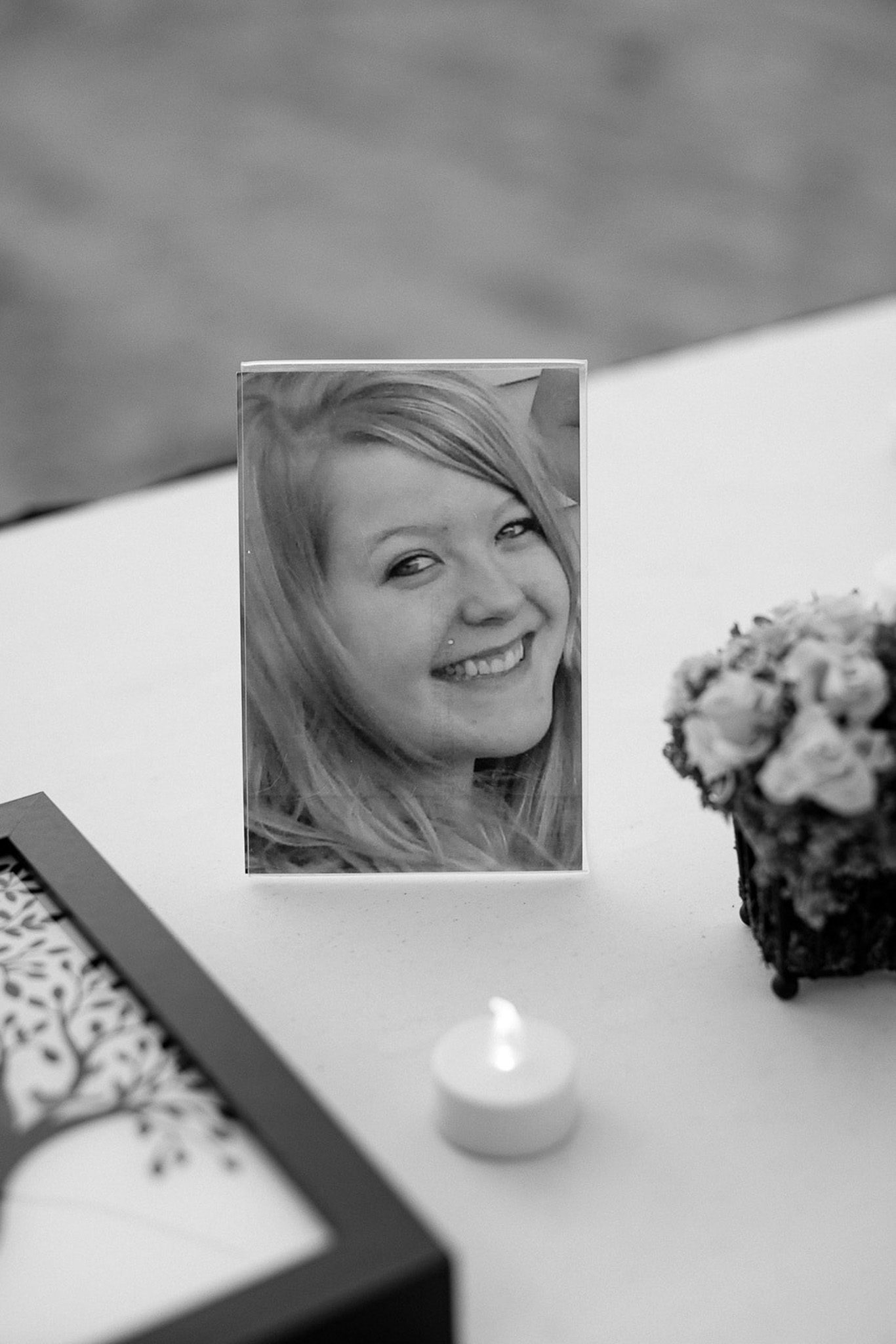

“Our family will never be the same,” says Heidi. “We all miss her, each in our own ways. I am devastated. It’s been almost three years, and I still can’t function like I used to…the pain is overwhelming some days. Part of my heart is gone.”
After starting the foundation, Amara’s parents built up a board of directors – all of whom have personal dealings with drug/alcohol addiction, fentanyl poisonings, and mental illness, through a variety of experiences such as working in law enforcement, counseling, experiencing addiction personally, or losing a loved one to overdose or fentanyl poisoning – and began sharing their stories.
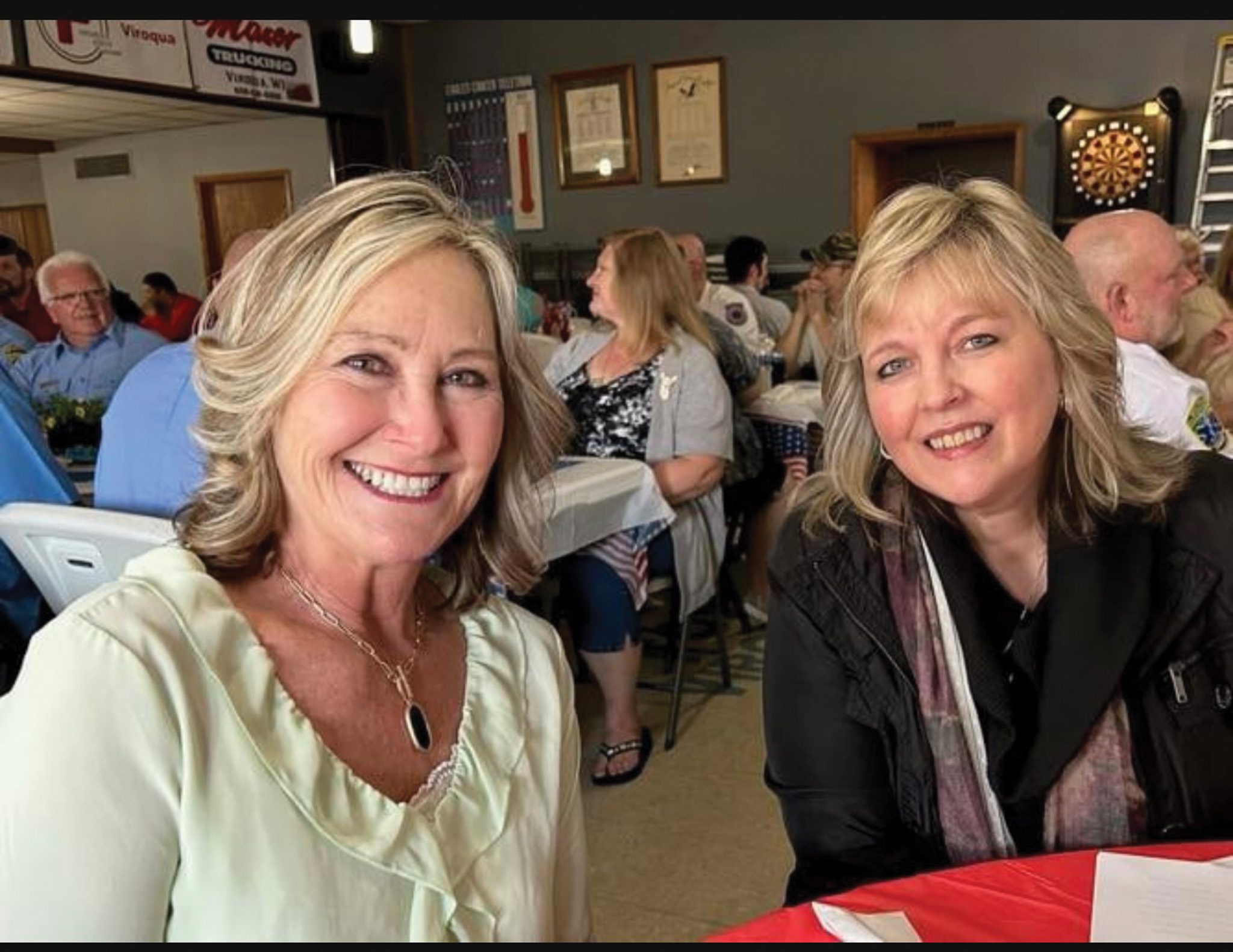
Scott Bjerkos is a detective with the Vernon County Sheriff’s Office and Fritz Leinfelder is an investigator with the La Crosse County Sheriff’s Office. They both serve as presenters and have experience and knowledge of what’s going on in local communities and in the fight against addiction and fentanyl poisoning.
Veronica Hoiland was Amara’s jail correctional officer at the Vernon County Detention Center and grew very close to Amara while working with her.
Julie Tully’s son, Karl, was a friend of Amara’s who also died from accidental fentanyl poisoning in 2017.
Samantha Marshall is a board member who is in successful recovery and provides valuable insight during decision-making processes.
Julie Mills is very active in the Viroqua community and provides a variety of connections and event organizing skills. She truly has a heart for those struggling.
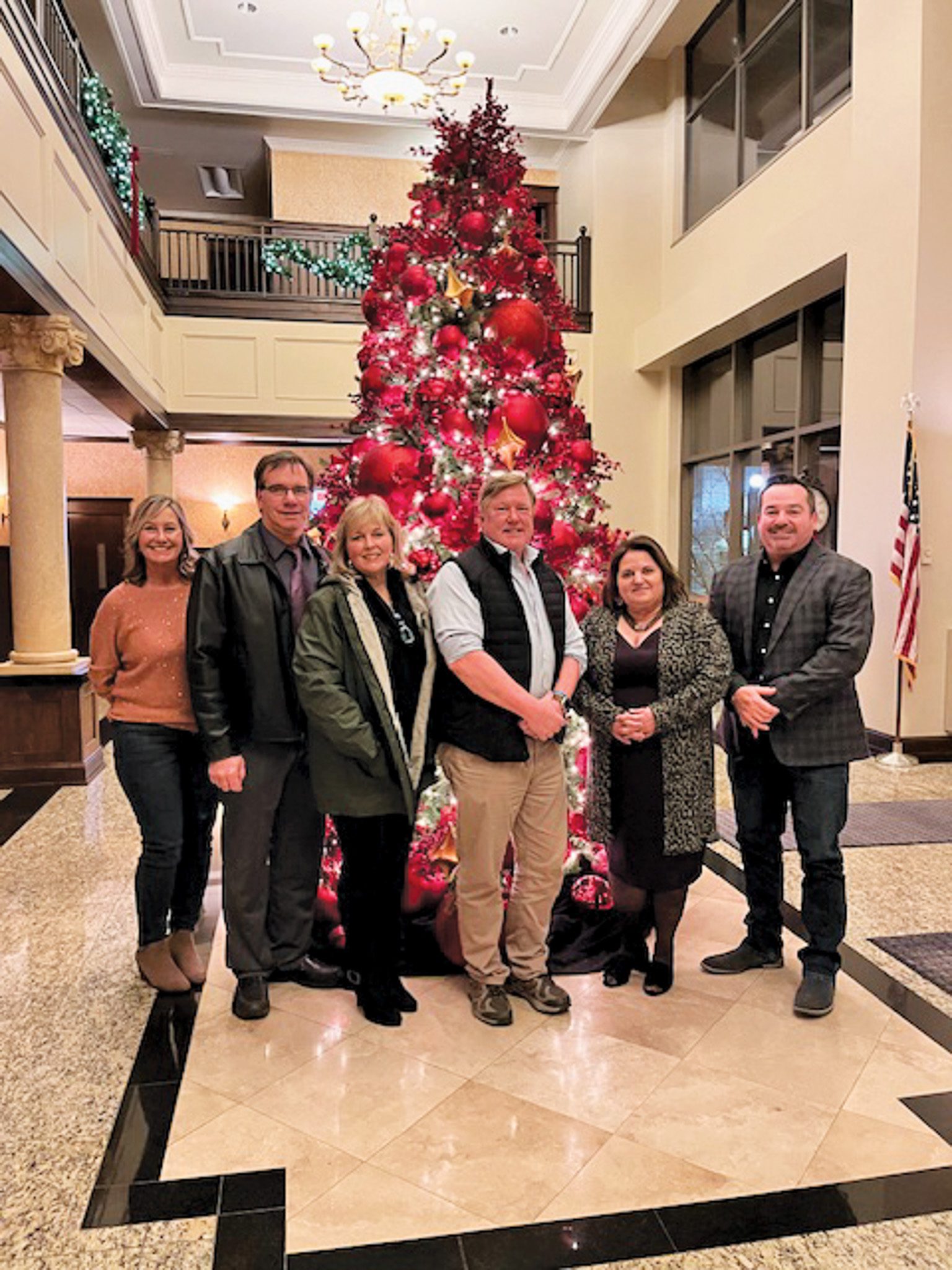
The Amara Rose Foundation focuses on providing education, raising awareness, supporting law enforcement and jail programs and ministries, and encouraging and supporting people in recovery as well as those struggling with mental illness, addiction, and grief. They also connect with and support families and friends who’ve lost loved ones to addiction or fentanyl poisoning, and many of these people are presenters or volunteer for the foundation.
“Fentanyl is everywhere…and so many kids don’t know. Adults don’t know. This is a matter of life and death…we are spreading the facts as much as we can, wherever we can,” says Heidi. “Our presentations are hard hitting and educational. We use our experiences and tell what people need to be aware of, and we share our flyers and posters for people to take and hang up in their communities.”
Each year, the Amara Rose Foundation hosts two big fundraising events – a Remembrance Walk in the fall, and a chili cook-off. Fentanyl Awareness Day – May 7 – is also recognized and commemorated with large presentations.
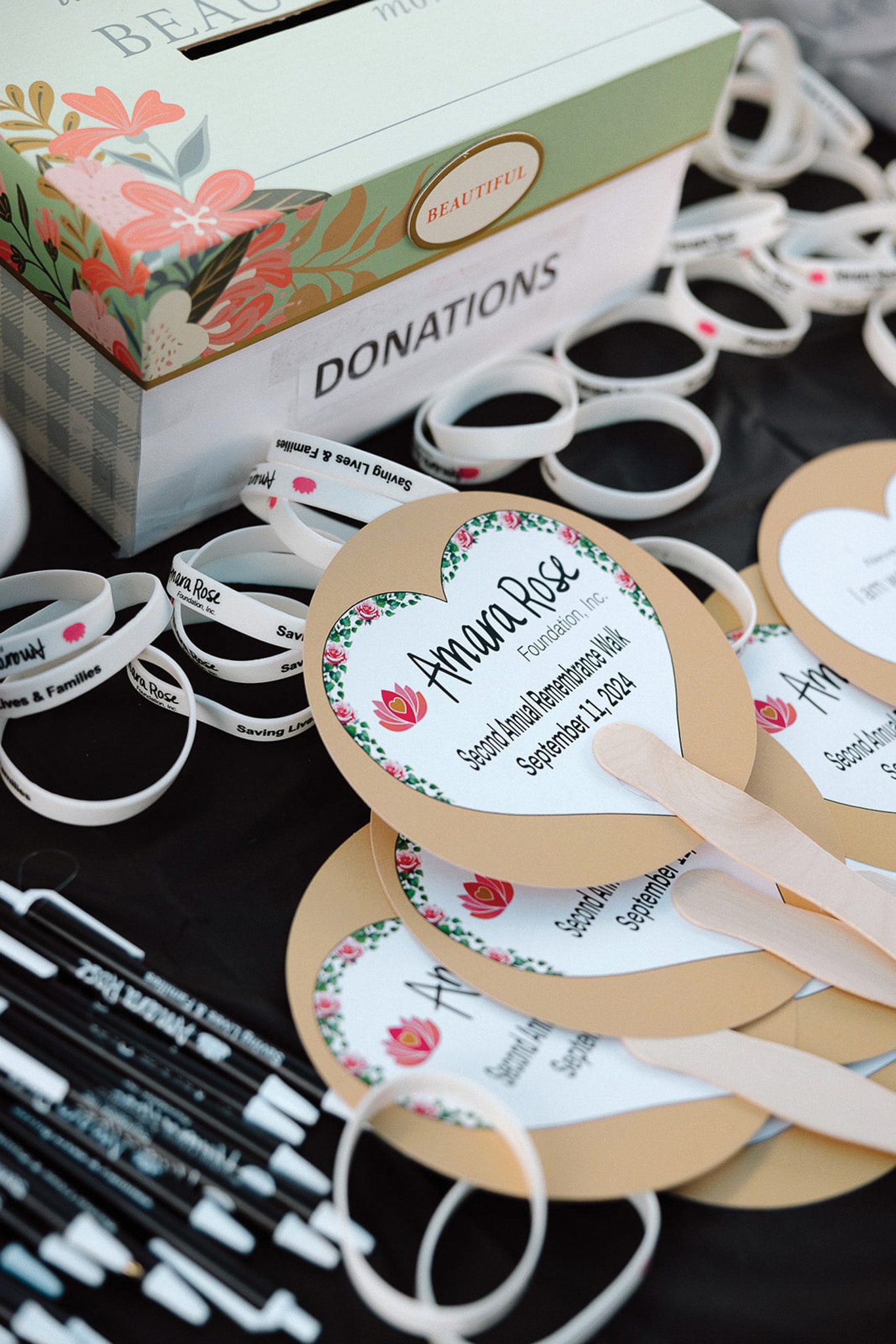
While the foundation directly supports those in recovery, mostly with loving moral support, resources and connections, Heidi notes that this year they helped provide rent assistance for one woman, who is working to move forward with her life. “This woman was one of Amara’s best friends, and they used together. She made it, but Amara didn’t. The foundation is very proud of her,” Heidi says.
Heidi and her family personally saw the pain of stigma surrounding those struggling with addiction. The foundation works hard to educate others that addiction is a disease, and those suffering from it should be met with compassion.
“We raise all these people up as much as we can,” explains Heidi. “We tell and show them that we believe in them, and they’re going to do great things. And they will! We’ve all had many, many conversations both over the phone and face-to-face with so many this year…they need someone to give them hope and to believe in them. We are there for them.”
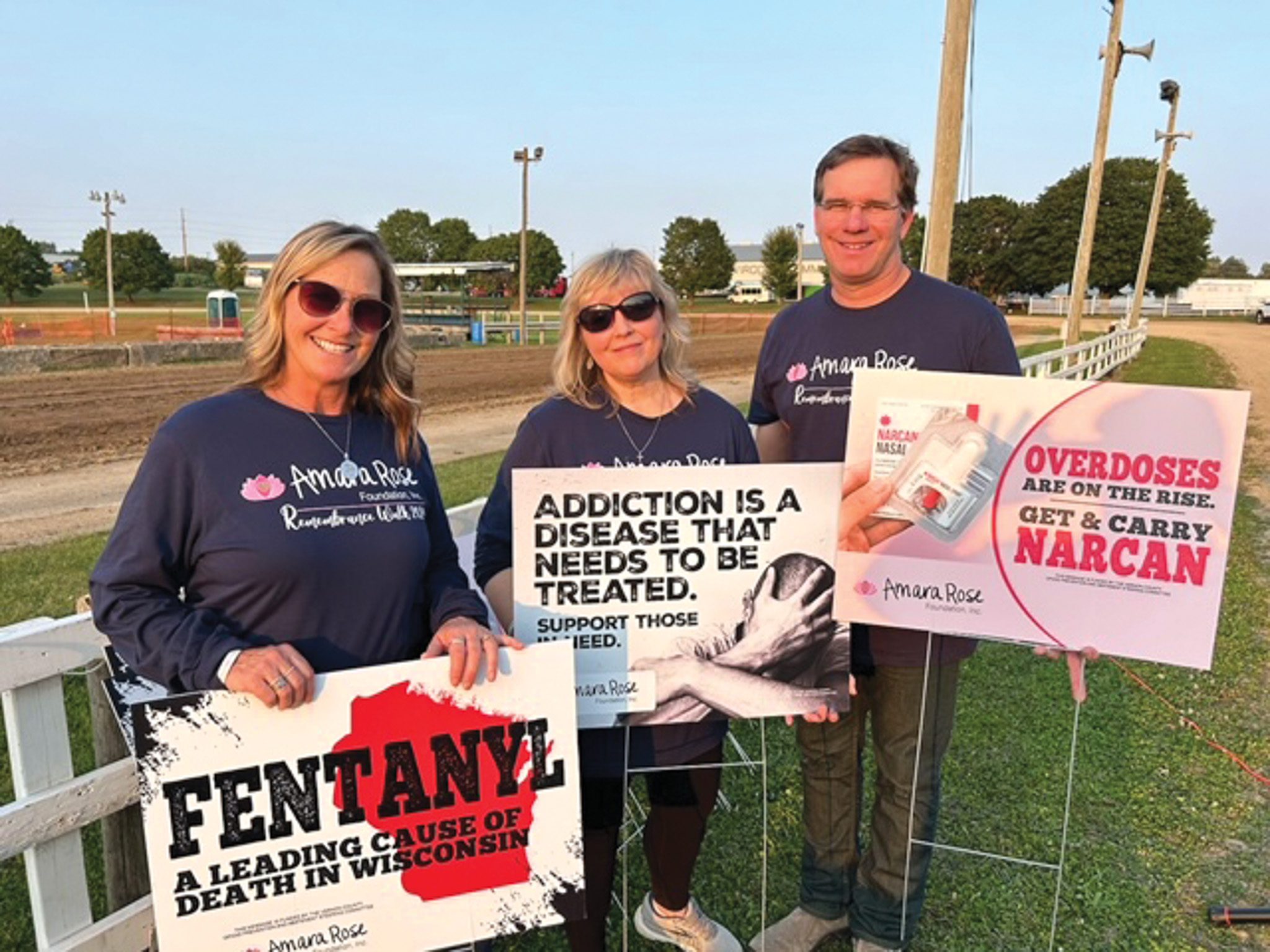
In addition to a billboard, yard sign, and banner campaign in 2024, the Amara Rose Foundation launched a drink-spike prevention sticker campaign with each sticker featuring messages about fentanyl and Narcan (a medicine to rapidly reverse an opioid overdose). Thousands of stickers have been handed out to bars and nightclubs in several communities. Next will be an awareness ad campaign targeting 13- to 25-year-olds on TikTok and Snapchat, as well as on La Crosse’s WKBT News. Heidi says they’re working on a La Crosse MTU bus ad campaign too and hope to bring awareness to schools and other counties in Wisconsin, Minnesota, and Iowa in the future.
“We want our work to reduce the number of parents, families and friends suffering from their unimaginable and often unexpected loss,” says Heidi. “We want our stories to keep kids from taking a fake prescription pill laced with fentanyl, to never pick up a joint or a powder or a syringe. We just want to save lives and keep people from experiencing the awful pain that we did…and still are.”
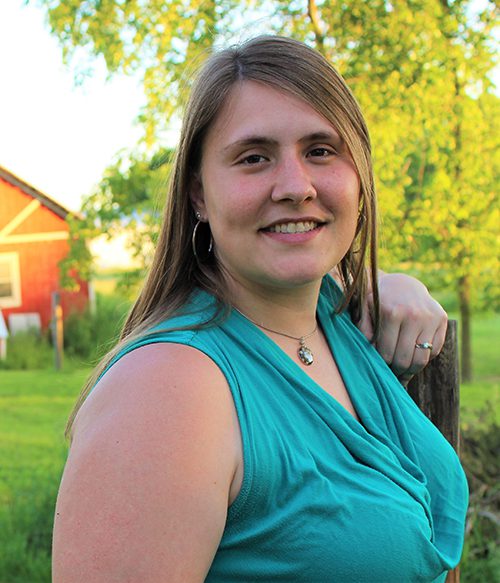
Tallitha Reese
Learn more about the Amara Rose Foundation or make a donation to support this work at amararosefoundation.org.






